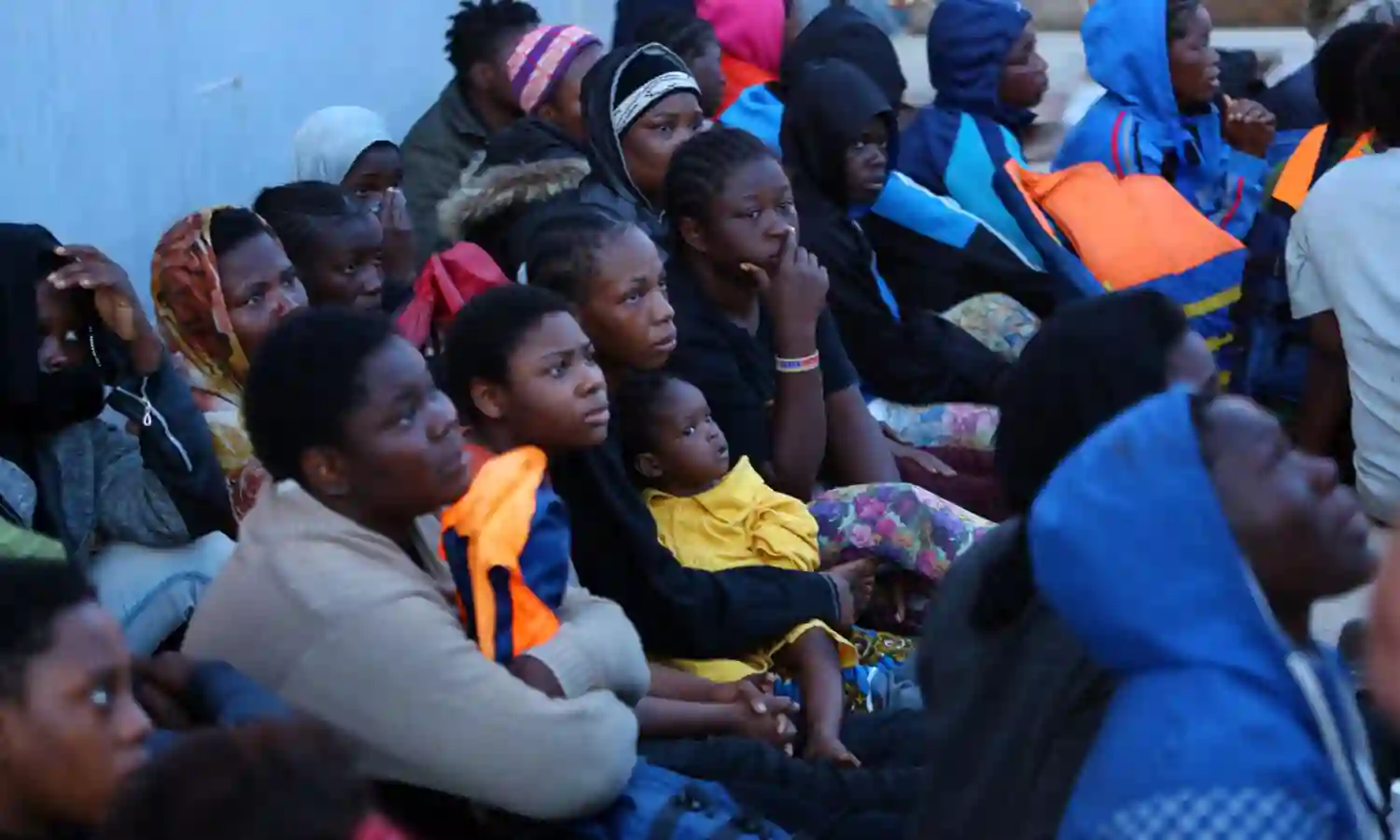NACTAL trains media practitioners about human trafficking
According to Abdulganiyu Abubakar, “the media has been recognized as a key player in the fight against trafficking in persons, especially in sensitizing the public to the dangers of trafficking.";

The Network Against Child Trafficking, Abuse, and Child Labor (NACTAL) has organized a 3-day training for media practitioners to strengthen their capacity in the reporting of issues of human trafficking.
Supreme reports that the training is supported by USAID Nigeria's Strengthening Civic Advocacy and Local Engagement (SCALE).
During day one of the training in Benin on Monday, Abdulganiyu Abubakar, the president of NACTAL, said the media practitioners were drawn from nine states across the country.
According to him, "the media has been recognized as a key player in the fight against trafficking in persons, especially in sensitizing the public to the dangers of trafficking."
"The media report tactics adopted by traffickers and extant laws that prohibit trafficking in persons."
"The three-day training is pertinent towards improving the capacity of media practitioners on reporting the cases of trafficking in persons amongst others."
Also, NACTAL Programme Manager Samuel Olayemi said the media used strategies and mechanism not easily available to NACTAL to educate the society about human trafficking.
Olayemi said at the end of the training, the media participants would join other critical stakeholders that had been trained to support the fight against human trafficking in the country.
According to him, NACTAL has so far trained over 200 persons, comprising different CSOs, NAPTIP, DSS, Police and other relevant stakeholders on issues about trafficking in persons.
The Zonal Commander of NAPTIP office in Edo, Mr Nduka Nwanwenne, said the agency, as at May 2022, had so far rescued and sheltered 17,753 victims of human trafficking, comprising 13,026 females and 4727 males.
He also disclosed that Mali was now traffickers' new destination, noting that about 25,000 Nigerian women and girls trapped in Mali were being exploited by their traffickers.
Nwanwenne, who was reporting the Director General of NAPTIP, Dr Fatimah Waziri-Azi, said the women and girls were living in shanties in the mining areas where they were sexually exploited.
While commending NACTAL for the training, he said it required the support of all stakeholders in addressing the scourge of human trafficking in Nigeria.

